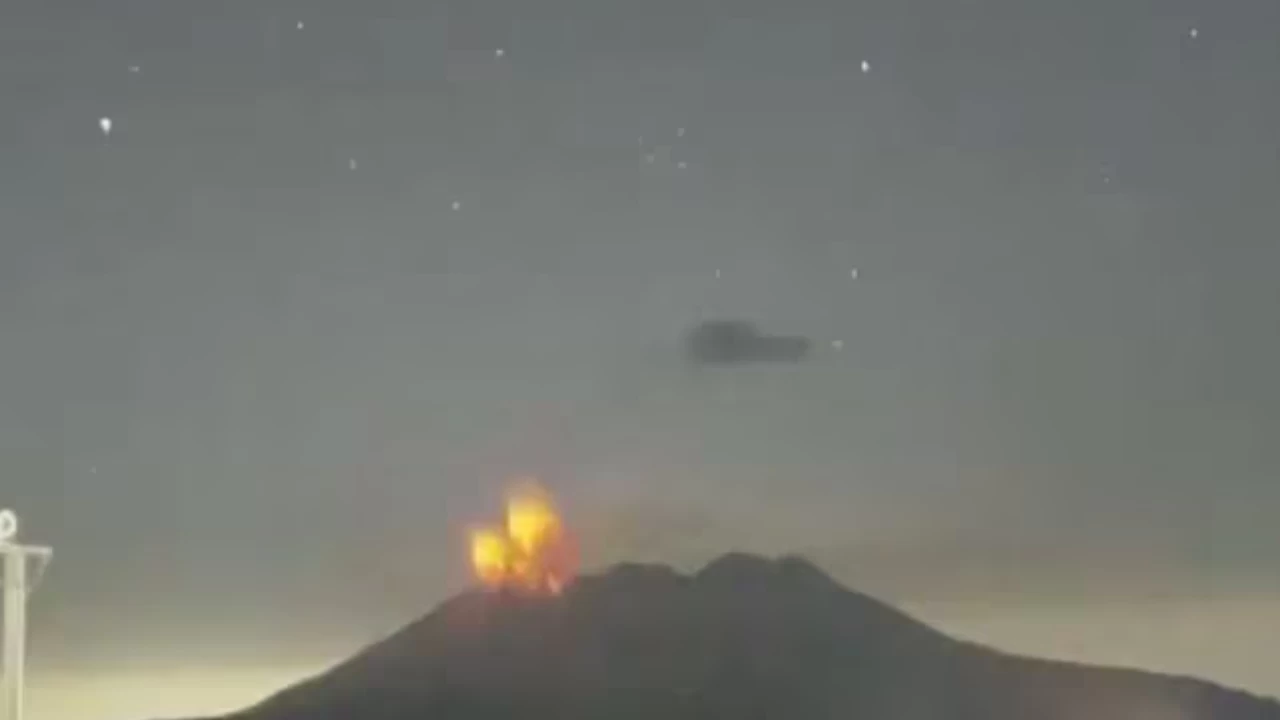

By signing in or creating an account, you agree with Associated Broadcasting Company's Terms & Conditions and Privacy Policy.


By signing in or creating an account, you agree with Associated Broadcasting Company's Terms & Conditions and Privacy Policy.

New Delhi: A massive volcano on Sakurajima erupted in Japan’s Kagoshima Prefecture on Monday. According to the Japan Meteorological Agency (JMA), a thick plume of ash and smoke rose up to 4,400 meters into the air. The eruption occurred at around 12:57 am at the Minamidake crater.
After October 18, 2024, it is believed to be the first eruption in which flames rose above 4,000 meters. Volcanic activity continued through the morning, prompting ashfall forecasts for parts of Kagoshima, Kumamoto, and Miyazaki prefectures. Local authorities reported no injuries or structural damage. Large volcanic rocks reached as far as the fifth station, though the JMA confirmed that no pyroclastic flows had occurred. The alert level remains at three out of five, restricting access to the mountain.
The weather department said that volcanic ash drifted northeast following the latest eruptions, with ashfall expected in Kagoshima and Miyazaki. Reports indicated that around 30 flights to and from Kagoshima Airport were canceled due to ash and related disruptions.
Sakurajima erupted several times on Sunday, with additional explosions recorded at about 2:30 am and 8:50 am. It is believed to be one of Japan’s most active volcanoes, accompanied by frequent eruptions. In 2019, it produced ash clouds as high as 5.5 kilometers.
Previously an island, the volcano became connected to the Osumi Peninsula after a 1914 lava flow created a land bridge. The recent eruption comes months after the Japanese government released a computer-generated simulation of a major Mt. Fuji eruption to raise public preparedness. The video warned of widespread disruption to infrastructure following an event on the scale of the 1707 eruption.
“It is a bit unusual that Mt. Fuji has not erupted for over 300 years,” said Toshitsugu Fujii, professor emeritus at the University of Tokyo, noting that the volcano historically erupts roughly once every 30 years.












